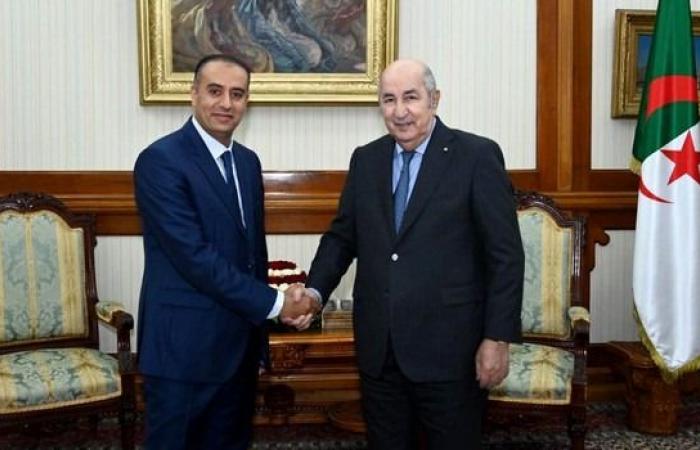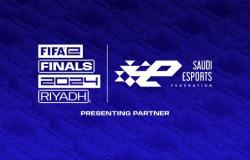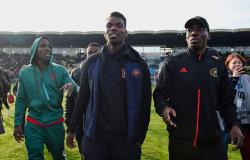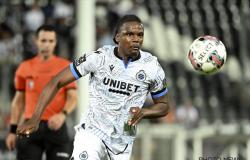Algeria now seems trapped in a spiral of hatred, fueled by unbridled propaganda and unfounded accusations, mainly targeting Morocco. Latest illustration of this drift: the vehement attacks made against Fouzi Lekjaa, president of the Royal Moroccan Football Federation.
On the airwaves of the Algerian public channel, Canal Algérie, Fouzi Lekjaa, president of the Royal Moroccan Football Federation (FRMF) was accused of using Israeli spyware Pegasus and of manipulating the African Football Confederation (CAF) aid from money allegedly derived from “drug trafficking”. Once again, the Algerian regime stands out in its communication strategy based on defamation and disinformation.
In this media scenario, Fouzi Lekjaa was described as an “agent of the Moroccan regime”, accused of destabilizing Africa through “Zionist connections” and the “corruption of African leaders”. These accusations, relayed by other journalists invited to the set, are part of a logic of diversion orchestrated by the Algerian regime. Unable to meet the expectations of its population in the grip of a growing social and economic crisis, the latter seeks to redirect attention towards an external enemy, in this case Morocco.
These attacks come at a key moment, as CAF prepares for the executive committee elections scheduled for March 12, 2025. They illustrate a climate of tension exacerbated by Algeria’s repeated failures on the African sports scene, partly due to to the rise of Moroccan figures like Fouzi Lekjaa.
Read also: UN CS: Resounding diplomatic victory for Morocco and massive blow for Algeria
The Algerian, Walid Sadi in bad shape
The electoral context within the CAF adds a layer of complexity. Walid Sadi, president of the Algerian Football Federation (FAF) and recently appointed Minister of Sports, is seeking the North African seat on the CAF executive committee. However, his candidacy is compromised by the strict rules of FIFA and CAF, prohibiting ministers in office from sitting on sporting bodies. This dilemma reveals the lack of strategic preparation of the Algerian regime, which persists in confusing politics and sport.
Algeria’s previous failures in 2017 and 2022 to join the CAF executive committee, often facing candidates supported by Morocco, demonstrate the country’s growing isolation on the continental scene. Conversely, Fouzi Lekjaa has established himself as a key player in African football, accumulating success in the CAF and FIFA arenas.
A regime adrift, incapable of confronting its history
The Algerian regime is mired in a dangerous turn, marked by increased repression and institutionalized paranoia. The arbitrary detention of intellectual and cultural figures such as Boualem Sansal illustrates this authoritarian drift. The writer, recognized for his courage and lucidity, finds himself muzzled by a power which fears any questioning of his official story.
This fear of history, particularly that of the dark decade of the 1990s, leads the Algerian authorities to imprison those who dare to recall the dark hours of the regime. Paradoxically, this strategy of repression only further reveals the flaws of a despotic system that is running out of steam, which prefers to attack the shadow of an unacknowledged past rather than confront the challenges of the present.
The excessive politicization of sport by the Algerian regime reflects an unhealthy obsession with Morocco. Rather than seeking to raise its level on the ground, Algeria is increasing its attempts at intimidation and smear campaigns, revealing a structural weakness and a lack of confidence in its own abilities.
The attacks against Fouzi Lekjaa, as absurd as they are, are only the symptom of an Algeria losing its bearings, which clings to imaginary enemies to mask its own failures. Yet the truth is implacable: a regime that lives in fear of its history and its future cannot hope to last. Morocco, despite insults and provocations, continues to advance, leaving Algeria to struggle in its own doldrums.






